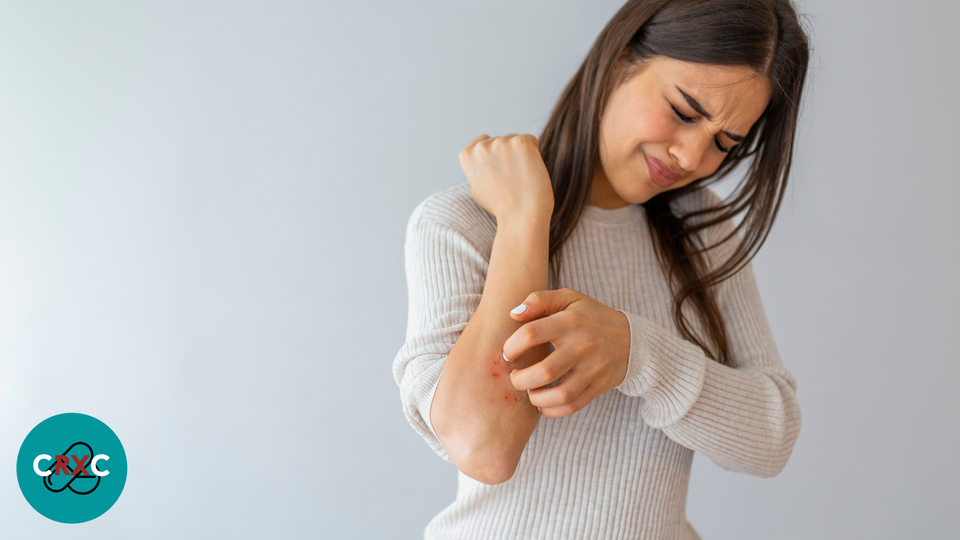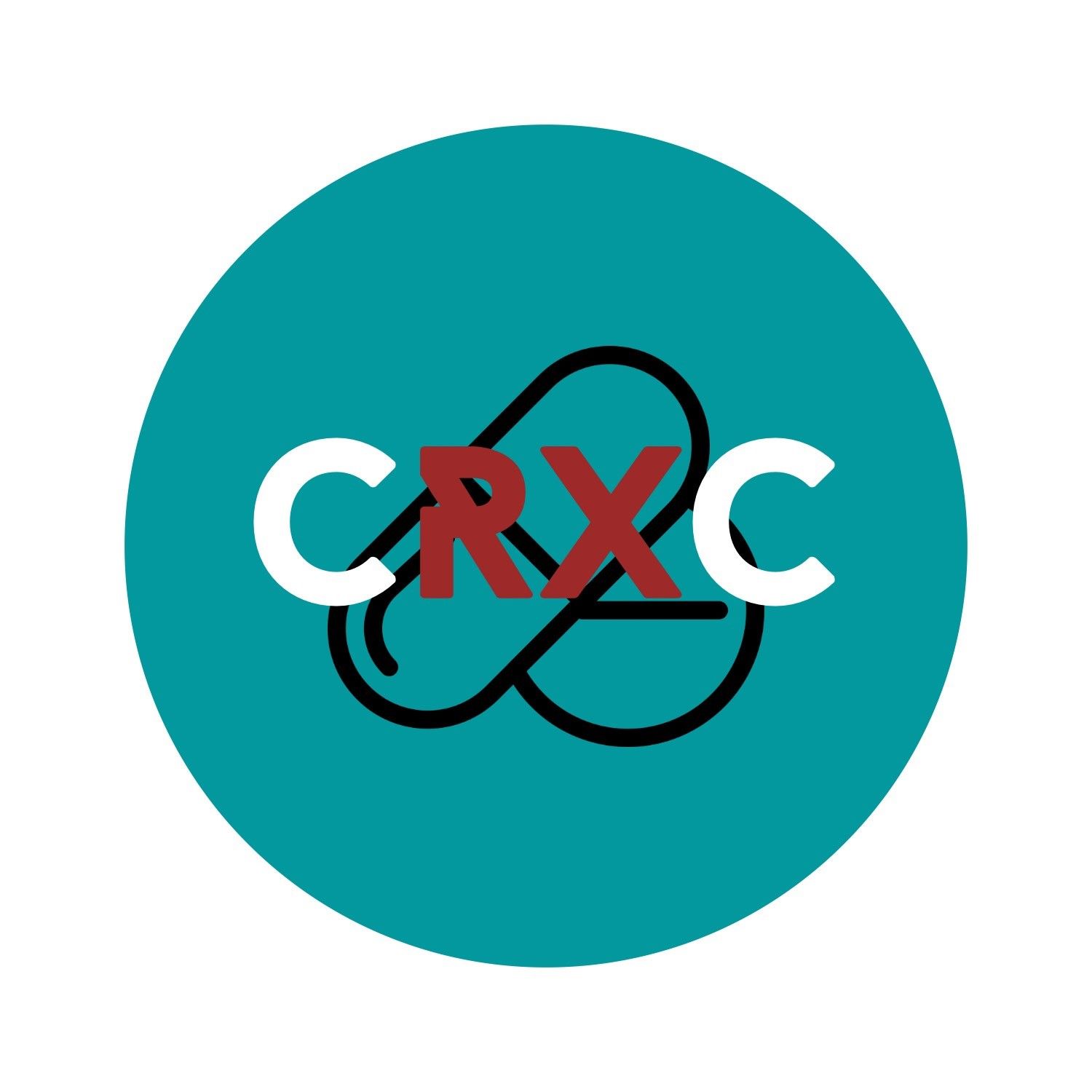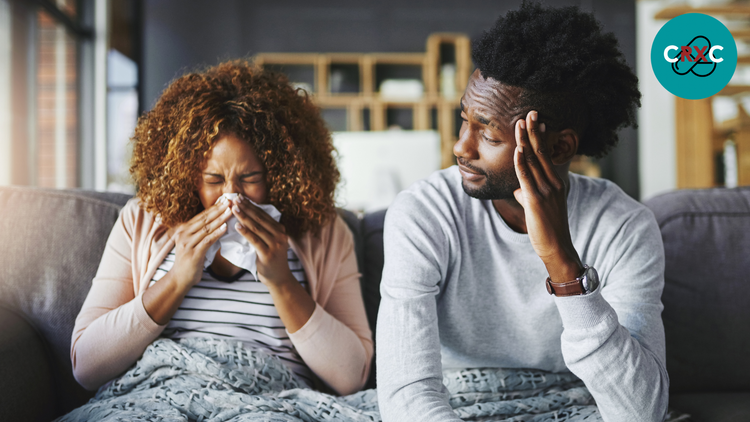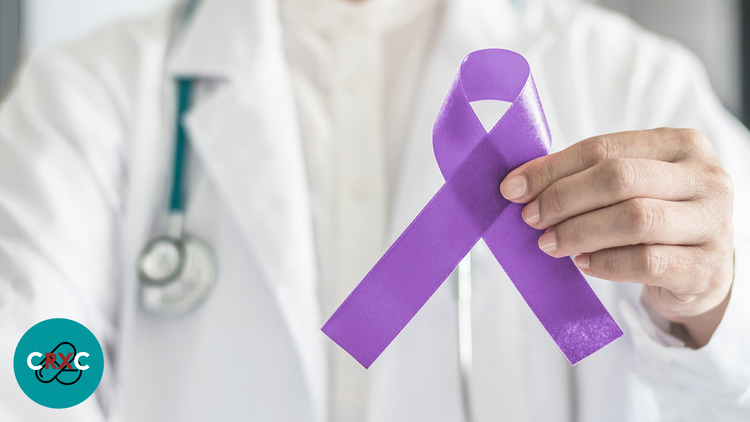Psoriasis, not "just" a skin disease.

Not only is psoriasis a type of skin disease, but it is also a systemic one that is categorized as a noncontagious, autoimmune disease that causes inflammation to the body, which in turn makes the skin look and feel abnormal.
Psoriasis affects about 7.5 million US adults today. On average, people of all ethnicities, skin colors and genders can start developing symptoms between ages 15 and 25. About 1 in 3 people may develop a more severe type of psoriasis called Psoriatic Arthritis, if not treated early on. Psoriatic Arthritis has been shown to affect 30% of people with psoriasis to date. If you begin to notice certain any symptoms additional to your psoriasis such as, swelling in fingers and toes, stiffness, reduced range in motion and pain in the joints and areas surrounding the joints seek medical attention for further testing as this kind of psoriasis can develop quickly and severely if not caught at an early stage.
Asides from Psoriatic Arthritis, what does "just" psoriasis feel like? Well, it isn't pleasant or comfortable either for those affected by this disease. Some of the symptoms are sore, itching or burning patches of red, raised skin, small red spots, dry, scaly, cracks on the skin, and thick rigged nails. Unfortunately psoriasis is a life-long disease that goes through its phases of "flare ups", where symptoms can either lessen or become more severe over time. It can however, be managed effectively with medications.
How do these flare ups occur? There are actually a few factors that can trigger symptoms of psoriasis and cause it to occur more rapidly. Common reasons for flare ups include, stress and vice versa, illnesses that affect the immune system, extreme cool or hot weather temperatures, injury to skin (scratches, bug bites, sunburns or anything that may cause trauma to the skin) and very seldom, allergies from foods or environmental. It is recommended to keep record or a diary of your triggers over time in order to assist with future flare ups and treatment plan.
What does a psoriasis rash look like? Well, there isn't just one type of distinctive rash. There are however, 3 most common types of rashes that could occur with psoriasis among the several kinds. The first and most common is known as Plaque Psoriasis. Up to 90% of people have this form of psoriasis and it consists of raised, red patches of skin with a light, white dry looking coat on top. It is very itchy, sore and can grow thicker over time. It commonly appears on the lower back, elbows, knees and scalp. Another common form of skin issue that is linked to people with plaque psoriasis is Nail Psoriasis. The nails on their fingers and toes appear thicker, bumpy with pits and grooves and/or could eventually fall off. These symptoms could be painful at times and make it uncomfortable for people to make use of their hands or even walk. Lastly, the third most common type of psoriasis is Scalp Psoriasis. This could appear on the scalp as red, itching, thickened skin with flakes of dandruff and could spread to as far as the forehead, to behind the ears and down the neck. It could also lead to hair loss.
If you are experiencing scalp psoriasis, talk to your doctor immediately as you risk being affected by severe skin infection from broken and cracking skin on your scalp. Seeking medical treatment can reduce your risk.
Psoriasis is not just a skin disease, it seems that people with psoriasis have an increased risk of developing other serious health conditions. These include other autoimmune diseases, depression, kidney problems, and Parkinson's disease.
Talk to your doctor if you notice your psoriasis rash lasting longer than a couple days or if you are experiencing feverish symptoms and most importantly, if it begins to affect the quality of your life. Your doctor could offer you topical or oral medications to help with your immune system and assist in the reduction of flare ups, severity of symptoms and the overall issue at hand. Corticosteroids could also help in the form of injections. All treatment will depend on the severity and type of psoriasis you have.
Ask your doctor if these prescription medications such as, Clobetasol, Methotrexate, Lyderm, Tazorac, Triamcinolone and Betamethasone can help with your psoriasis.
For quotes on any of your medications, please view our products and pricing page: https://canadarxconnection.com/usp.php


